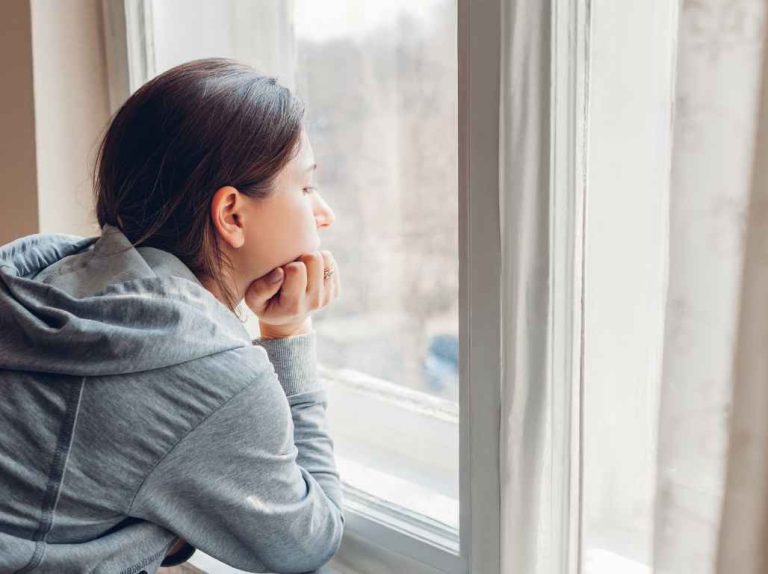

Why isolation fuels opioid addiction is something we’ll explore here. Being alone is a trigger for anyone to seek drugs to ease the pain. In today’s fast-paced world, where connections are often virtual rather than physical, the issue of isolation and its impact on opioid addiction has become increasingly significant. Isolation, a state of being physically or emotionally separated from others, is not just a byproduct of the modern lifestyle but a significant contributing factor in the development and exacerbation of opioid addiction. This article delves into the complex relationship between isolation and opioid addiction, offering insights and resources for those affected by this challenging issue.
Human beings are inherently social creatures, and the strength of our social bonds plays a crucial role in our mental health and well-being. A lack of these connections can lead to feelings of loneliness and despair, which are often the precursors to substance abuse, including opioids. Research has shown that individuals who experience social isolation are more susceptible to the lure of opioid use as a means of coping with their emotional pain.
For many, opioids initially appear as a solace, providing temporary relief from the crushing weight of loneliness. These substances can artificially stimulate the brain’s reward centers, creating an illusion of comfort and connection. However, this is a dangerous path, as it leads to a cycle of dependency where the individual relies more on the substance for emotional relief, further deepening their isolation.
As tolerance to opioids builds, individuals often find themselves escalating their usage to achieve the same effects, rapidly leading to addiction. This addiction exacerbates their isolation, creating a vicious cycle that can be incredibly challenging to break. It’s essential to recognize the signs of opioid addiction early and seek help.
Breaking the cycle of isolation and opioid addiction requires rebuilding social connections. Support from family, friends, and support groups can provide the emotional scaffolding needed to begin the journey of recovery. Social support not only offers emotional comfort but also accountability, which is crucial in maintaining sobriety.
Seeking professional help is a critical step in overcoming opioid addiction. Rehabilitation programs offer structured treatment, including detoxification, counseling, and therapy, tailored to the individual’s needs. An aftercare rehab program plays a vital role in this journey, providing ongoing support and resources to prevent relapse and promote long-term recovery.
Community resources, such as local support groups or online forums, can provide additional layers of support. These resources offer a platform to share experiences, learn from others, and build new, healthy relationships.
Opioid addiction, often fueled by isolation, is a complex and challenging issue that affects individuals and communities alike. Breaking this cycle requires a multifaceted approach that includes rebuilding social connections, seeking professional help, and leveraging community resources. Remember, recovery is a journey, and it begins with the recognition that no one has to face it alone. Remember, seeking help is a sign of strength, not weakness. Together, we can build a path to recovery and a brighter, more connected future.
Surprising Health Benefits Of Dry January
10 Tips For A Family Dealing With Addiction
Can You Convince Someone To Get Drug Addiction Help
How to Help An Alcoholic Spouse
Ways To Support Loved Ones With Alcohol Addiction










Copyright © 2023 Reach Out Recovery Services LLC | Terms and Conitions |. Site by Quadshot Digital